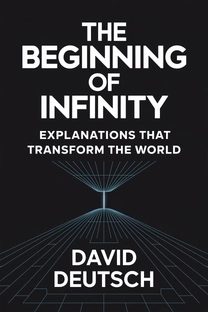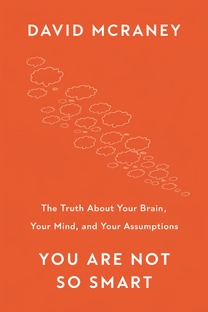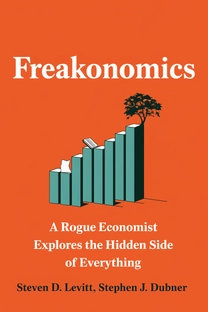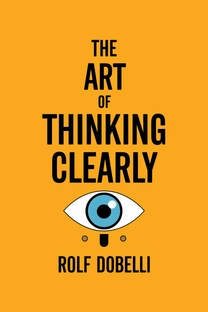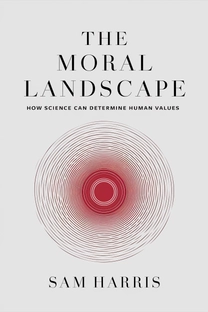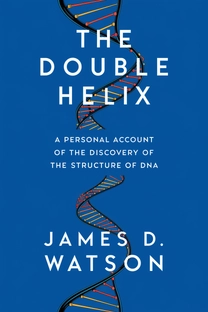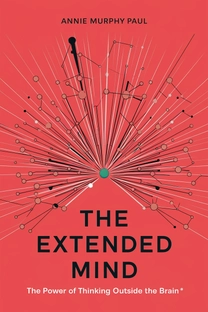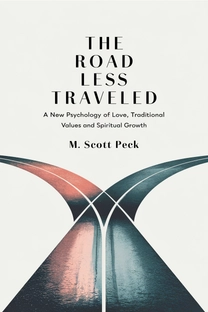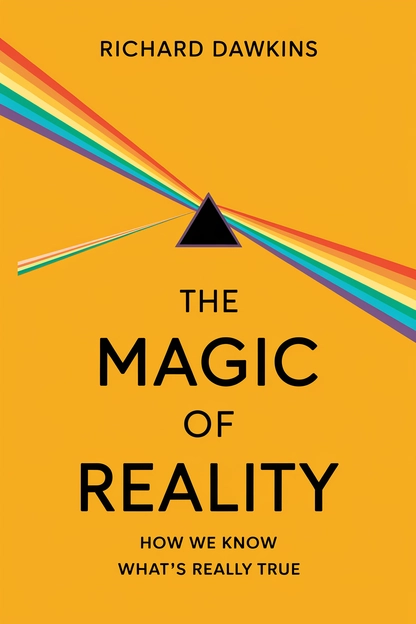
The Magic of Reality
How We Know What’s Really True
by Richard Dawkins
Brief overview
This book explores how scientific thinking reveals the magic behind everyday phenomena, from rainbows to the vastness of the cosmos. It shows that understanding reality through evidence is both empowering and thrilling. By examining topics like evolution, atoms, and the origins of our universe, readers gain a deeper appreciation of how nature truly works.
Introduction
Imagine looking at a rainbow and wondering where it truly comes from. Or pondering a myth that explains thunder as angry gods clashing in the sky. This book encourages us to replace that mystery with an even greater awe: the sense of wonder that comes from understanding reality.
Here, we explore how we know what is real. Though we might rely on our senses, science gives us extra tools for seeing beyond everyday sight, whether by telescopes that peer into vast galaxies or microscopes unveiling hidden worlds.
The adventure begins with curiosity. We question old tales, investigate data, and build models that predict how nature behaves. All of this leads to a deeper, more powerful form of magic—the magic of reality.
In the pages ahead, prepare to uncover why myths, while often charming, can’t truly explain our world. Prepare, instead, to marvel at the real story of life’s evolution, the makeup of matter, and the unfolding drama of our immense universe.
The Power of Curiosity
Curiosity is often the spark that ignites scientific discovery. We begin by asking questions—sometimes the simplest ones—about what we see and hear. Over centuries, curious thinkers have asked why the sun rises, why the tides move, or why disease spreads through a community.
From those basic questions grew scientific methods. Observed evidence replaced rumor, and measured data replaced speculation. The act of asking questions is a brave first step toward understanding our world’s remarkable intricacies.
However, curiosity can be unsettling. It often shows us that reality is more complex than our initial guesses. Yet, with persistence, we piece together hints that open the door to insights far greater than any assumption could provide.
What is The Magic of Reality about?
"The Magic of Reality: How We Know What's Really True" by Richard Dawkins is a commendable exploration into the power of scientific inquiry, seamlessly bridging the gap between natural phenomena and the intrigue of human curiosity. Dawkins invites readers to cast aside misconceptions and delve into the marvels revealed by scientific exploration, from the striking beauty of rainbows to the intricate tapestry of evolution. With eloquent prose, Dawkins champions the essential role of evidence-based reasoning in understanding the fabric of reality, proving how scientific discovery brings a sense of magic far surpassing that of mythical interpretations.
Guided by the overarching theme of curiosity, the book demystifies complex scientific concepts, making the world of atoms, evolution, and cosmic origins accessible to all. Through practical insights and experiments, readers are encouraged to embrace a mindset of inquiry, following in the footsteps of historical thinkers who've redefined our view of the cosmos. The text serves as a catalyst for critical thought, promoting science as a lens through which the everyday takes on extraordinary significance. The book's impact lies in its ability to convert seemingly mundane phenomena into profound realities, compelling readers to embrace understanding over superstition.
Review of The Magic of Reality
"The Magic of Reality: How We Know What's Really True" by Richard Dawkins is an exceptional work that combines the rigors of scientific explanation with the delight of discovery. What sets this book apart is its ability to convey complex scientific ideas in an engaging and comprehensible fashion, making it accessible to readers with varying degrees of scientific knowledge. Dawkins draws us into a narrative journey that is intellectually stimulating while dispelling myths with reasoned evidence.
The strengths of the book lie in its diverse range of topics, from the cellular intricacies of life to the boundless expanses of the universe. Dawkins provides practical insights into the workings of evolution and offers compelling reasons to embrace scientific models over mystical ones. Through well-crafted storytelling and vivid analogies, the narrative becomes a riveting exploration of how our universe truly functions. Furthermore, Dawkins's adept writing style makes complex subjects accessible, inviting readers into the scientific fold.
This book is a must-read for anyone eager to appreciate the beauty of scientific inquiry over mythological explanations. Dawkins successfully blends authoritative insight with an approachable tone, making the text suitable for both science enthusiasts and those new to the subject. Ultimately, "The Magic of Reality" inspires a renewed sense of wonder, encouraging its audience to adopt a questioning mindset and relish the profound truths that science reveals.
Who should read The Magic of Reality?
- Aspiring Scientists: Benefit from the book's encouragement to approach the world with a scientific mindset and strong evidence.
- Educators and Students: Gain resources and ideas useful for explaining complex scientific topics to varying learning levels.
- Inquisitive Readers: Find clarity in understanding natural phenomena, fostering a deeper appreciation for reality free from myths.
- Science Communicators: Refine their knowledge of scientific storytelling in a style that captivates and educates simultaneously.
- Curious Minds: Whether from any walk of life, this book serves those intrigued by the wonders of nature and the universe.
About the author
Book summaries like The Magic of Reality
Why readers love Mindleap
10-Minute Book Insights
Get the core ideas from the world's best books in just 10 minutes of reading or listening.
Curated For You
Discover your next favorite book with personalized recommendations based on your interests.
AI Book ExpertNew
Chat with our AI to help find the best book for you and your goals.
Reviews of MindLeap
Love how I can get the key ideas from books in just 15 minutes! Perfect for my busy schedule and helps me decide which books to read in full.
Alex R.
The summaries are incredibly well-written and the audio feature is perfect for my commute. Such a time-saver!
Jessica M.
Great app for personal growth. The insights are clear and actionable, and I love how they capture the essence of each book.
Chris P.
The app is beautifully designed and the summaries are top-notch. Definitely worth every penny!
Sarah K.


